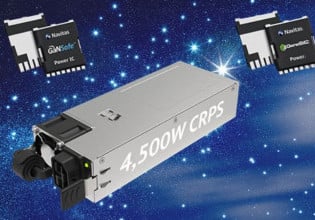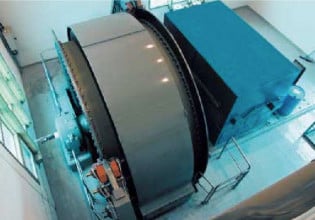INTRINSIC Semiconductor, a privately held manufacturer of wide bandgap materials and devices, has signed a license agreement for an advanced chemical mechanical polishing (ACMP) process created at the Penn State Electro-Optics Center with research funds provided by the Defense Advanced Research Projects Agency (DARPA).
The goal of any semiconductor polishing process is to create surface conditions that are suitable for subsequent process steps, including the growth of high quality epitaxial device structures. The ACMP process eliminates the selectivity associated with the removal of material surrounding existing scratches and defects. As a direct result, this polishing process has been shown to create atomically flat surfaces for epitaxial device layers with superior performance compared to what is obtained via state of the art processes.
"Our substrate surfaces are the foundation of cutting edge research around the world as well as tomorrow's products at leading companies," said Dr. Cengiz Balkas, INTRINSIC President and CEO. "Each manufacturing step leaves a chemical and physical legacy for the next, and current polish processes lead to differential polish rates and non-uniformity. The superior reduction in selectivity achieved by Penn State means all of these regions are planarized more evenly, with benefits to the surface as well as the subsurface. For INTRINSIC's customers, this means better substrates and epi products, greater production capacity in our fab, and reflects our far-reaching commitment to quality."
"Penn State is pleased to execute this license agreement with INTRINSIC and is looking forward to aiding the commercial deployment of this technology," reported Richard eyer, Senior Technology Licensing Officer at Penn State's Intellectual Property Office. "This license is an excellent example of how dual-use technology can be transferred to the commercial sector."
As silicon carbide hits its stride in applications from communications to electric vehicles, the demand for greater and greater areas of damage-free, micropipe-free real estate will soar. This latest development compliments INTRINSIC's recent announcement of Zero MicroPipe™ (ZMP™) material and the addition of 100-mm production to current 50-mm (2-in) and 75-mm (3-in).






